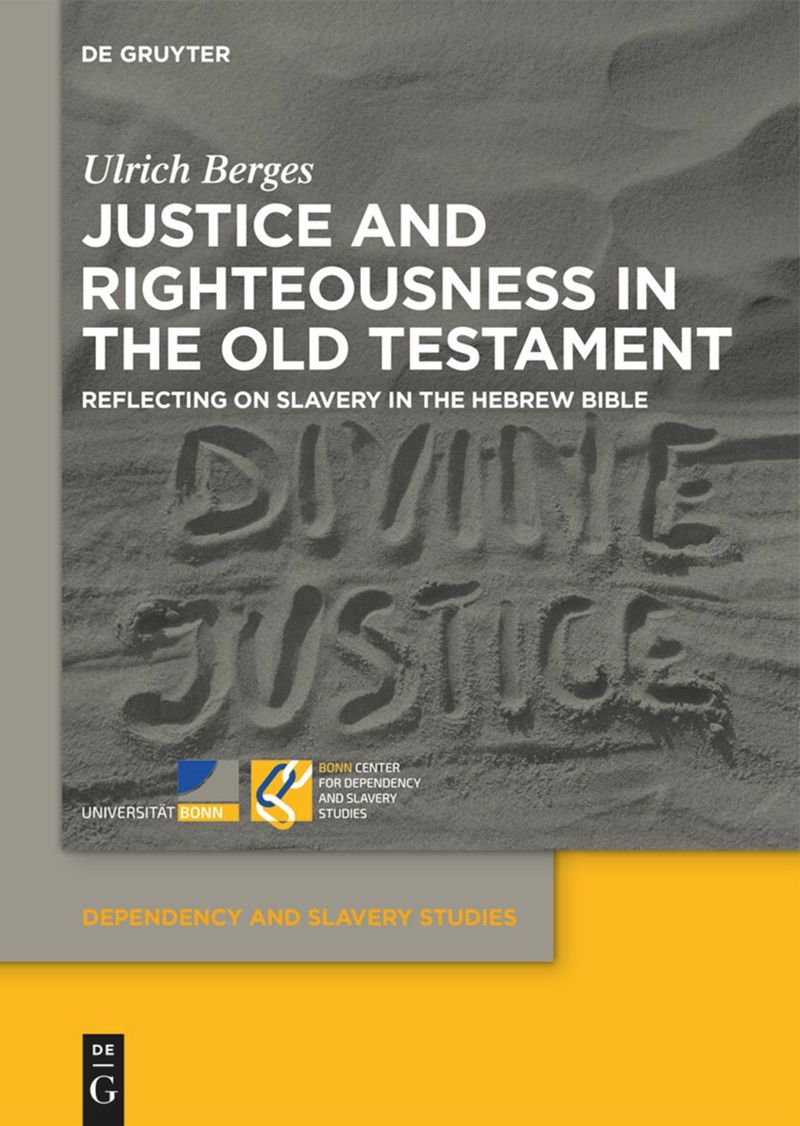The phenomena of slavery and asymmetrical dependencies in the writings
of ancient Israel cannot be adequately addressed without also looking at
the discourses on divine and human justice. Only then does the position
of the slaves in their uniqueness become clear, because they are almost
completely left out of the moral demand for justice that otherwise
applies to the poor, widows, orphans and strangers. Their status as
property, which only in exceptional cases allowed them to be considered
as subjects with personal rights, dominates the discourse. On a
theological level, the phenomenon of slavery also influenced the Old
Testament image of God, as YHWH himself became the owner of his people.
Liberation from slavery in Egypt lead not to freedom, but to permanent
dependency on the liberating God. However, radical dependency on YHWH
also means that the divine master must protect the righteous. Otherwise,
YHWH would degenerate into an arbitrary tyrant. The demand for justice
binds the divine sovereign. If one examines the discourses of justice in
the Hebrew Bible about the position of slaves, their deficits become
particularly visible. This should urge caution in declaring the biblical
writings to be the forerunners of human rights.






No comments:
Post a Comment